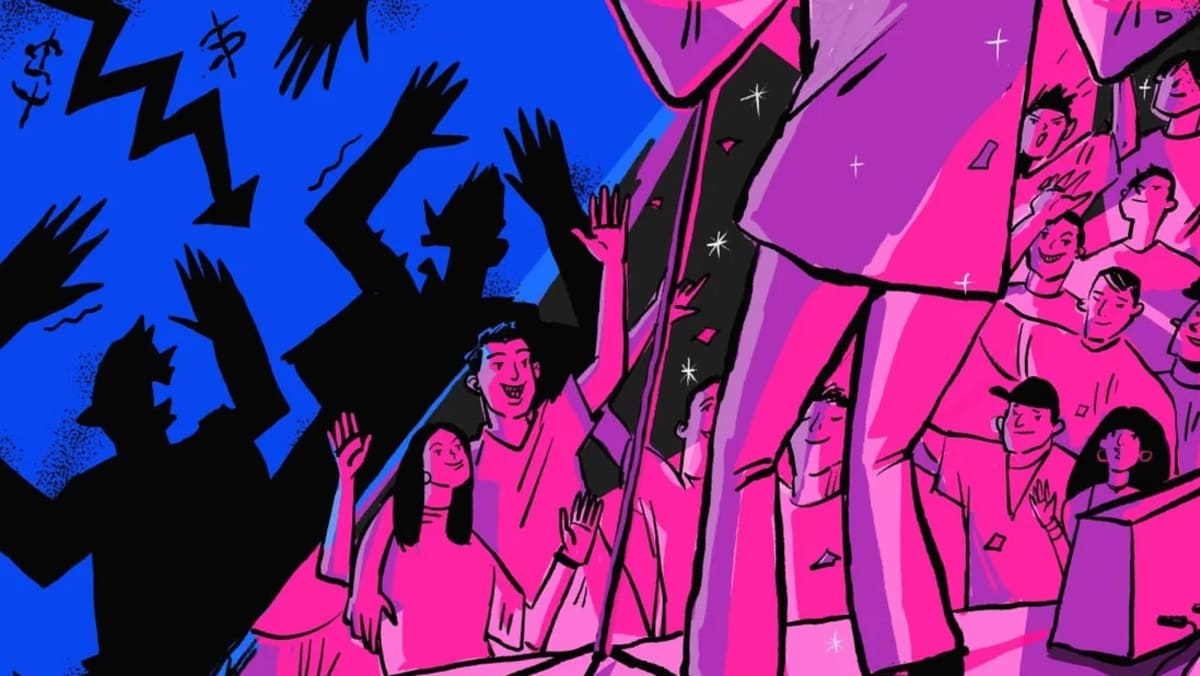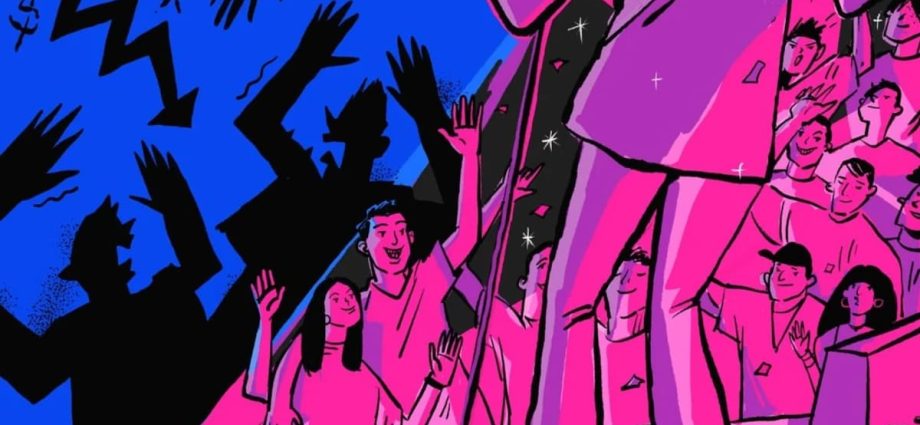
In addition, rising uncertainties in the job market, overshadowed with pessimism and unease, have also prompted residents to cut spending.
The jobless rate for the 16 to 24 age group reached an unprecedented 21.3 per cent in June, having been on an upwards trajectory since 2020.
It is expected to rise further in July and August, as a record 11.58 million university graduates are set to leave campus and flood the job market this year.
Fears over widespread lay-offs, pay cuts and age discrimination against workers as young as 30 are also seen to have stopped consumers from overspending.
And one or two policies will not be able to stimulate spending, while consumers’ income and confidence are the keys to boosting consumption, said He Jun, a researcher at Anbound, an independent think tank.
“People will naturally spend more if their income increases; people will dare to spend and even borrow to increase spending if they have confidence in the future, because they believe in their ability to repay the debt,” He said.
“The recovery of consumption cannot be realised through macroeconomic control, but are results of economic improvement.
“Difficulty in employment will significantly suppress consumption, with more individuals opting for a lying flat mentality.”
The lying flat movement represents the mindset of lying down instead of studying hard, finding a high-paid job, buying a home or even starting a family early in life.
“Policies aimed at supporting and stimulating consumption will be implemented, but it is crucial for these policies to identify the root causes,” added He.
He said that even if the government opted for unconventional helicopter money, also known as a helicopter drop, where large sums of money are printed and distributed to the public to spur economic growth, individuals lacking confidence and income may not necessarily increase their consumption even after receiving the cash.
“They will primarily satisfy basic needs and allocate the funds to debt repayment, thereby reducing their personal balance sheets,” said He.
China has been offering tax cuts and discount coupons in an attempt to boost spending, but the results have been inconspicuous.
But despite the government’s goal to prop up the economy with consumption, it will be hard to realise, said Peng Peng, executive chairman of the Guangdong Society of Reform, a think tank connected to the provincial government.
Peng added that consumption has been the weakest among the three pillars of China’s economy, which also include investments and exports.
“Currently, China’s foreign trade is flopping, investment in real estate is weak, and low-cost consumption dominates consumer spending,” Peng said.
“As a result, without economic recovery, it is difficult for consumption to thrive comprehensively. The relationship between consumption and the economy should be mutually reinforced.”

